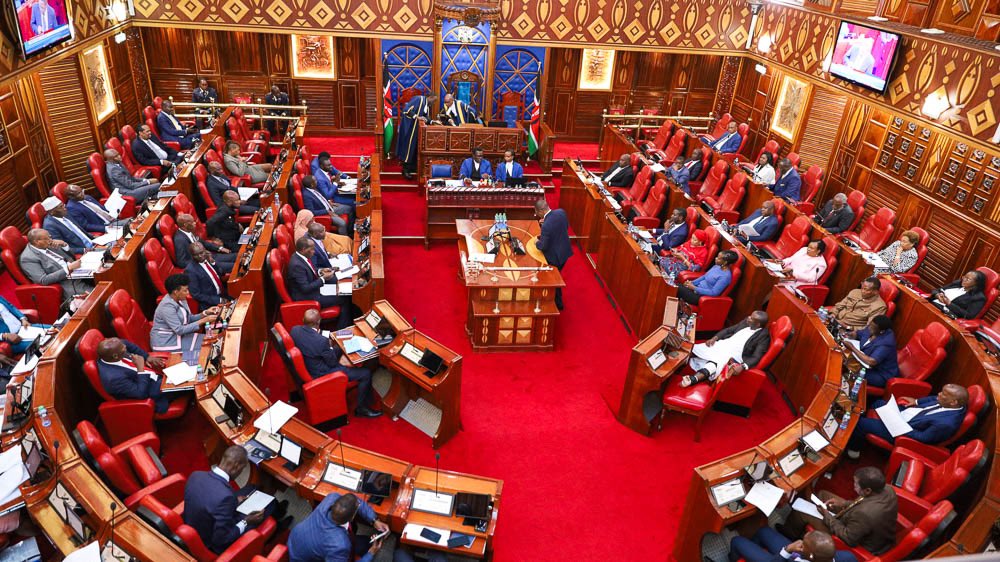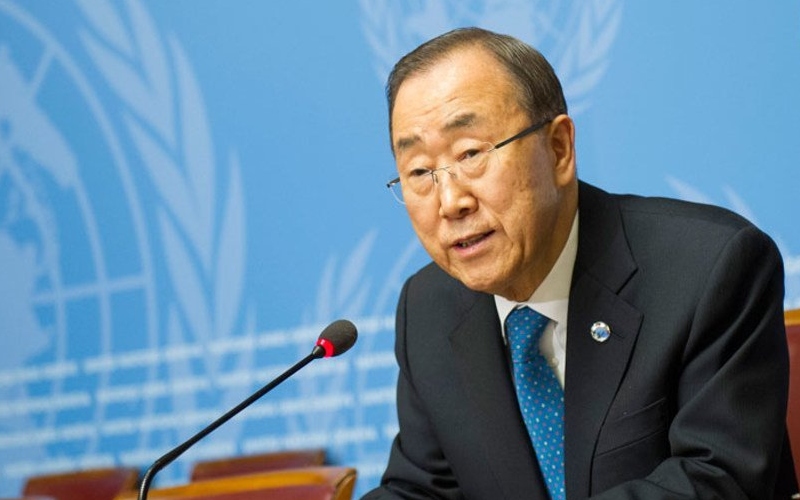Proposed labour relations law could cut Kenyan trade unions' revenue

Kenya National Union of Nurses Scretary-General Seth Panyako described the Bill as an attempt to "cripple trade unions, contrary to labour laws".
A new legislative proposal could severely impact trade unions in Kenya by prohibiting them from collecting agency fees from non-members.
This move, part of the Labour Relations (Amendment) Bill, 2024), has the potential to cost unions millions of shillings, especially affecting many county employees who rely on the negotiated benefits provided by their unions.
More To Read
- Legal battle looms as Sheria Mtaani challenges extended tenure of Privatisation Commission appointees
- Labour Ministry warns KUPPET over ‘illegal’ election plans using suspended amendments
- Panyako cries foul after loss in Malava polls, claims results ‘subverted’
- David Ndakwa edges out Seth Panyako as UDA retains Malava seat
- Former CJ Maraga condemns by-election violence, faults State for laxity
- IEBC urges Ugunja residents to vote as early turnout remains low
Agency fees are payments made by employees who are eligible to join a union but choose not to.
These fees help to support the operations of trade unions, which are funded by both member contributions and these additional fees.
According to the Bill sponsored by Senator George Mbugua, the principal objective is to prohibit the deduction of agency fees from the wages of a unionisable employee who is not a member of a trade union but is covered by the trade union's collective agreement.
This provision seeks to remove the financial support that unions currently receive under Section 49 of the Labour Relations Act, 2007.
Union officials are expressing strong opposition to the proposed legislation.
Seth Panyako, the secretary-general of the Kenya National Union of Nurses, described the Bill as an attempt to "cripple trade unions, contrary to labour laws".
"We definitely oppose that Bill. They are trying to kill trade unions by starving them. We will not allow that to happen," he said.
Panyako also criticised the Bill's origin in the Senate, arguing that labour issues are not a devolved function.
"Trade unions are employers. We have staff. All these officials are employed by the unions. If you deny them the funds, then where do you want them to go?" he asked.
In contrast, Senator Mbugua in the bill argues that the legislation aligns with constitutional provisions, specifically Article 36(2), which states that no one should be compelled to join any association.
He contends that the Bill aims to protect the rights of workers to participate in trade union activities and ensures compliance with national values of governance.
Mbugua further claimed that the Bill seeks to safeguard fair labour practices for unionisable workers.
"The Bill also seeks to ensure trade unions and employers observe the national values and principles of governance, including good governance, integrity, transparency and accountability," he said.
The senator also referenced the Fourth Schedule of the Constitution, indicating that county governments are responsible for implementing national labour standards and employment policies.
If enacted, this Bill could significantly alter the financial landscape for trade unions, impacting many workers who benefit from their collective bargaining agreements.
Top Stories Today











































